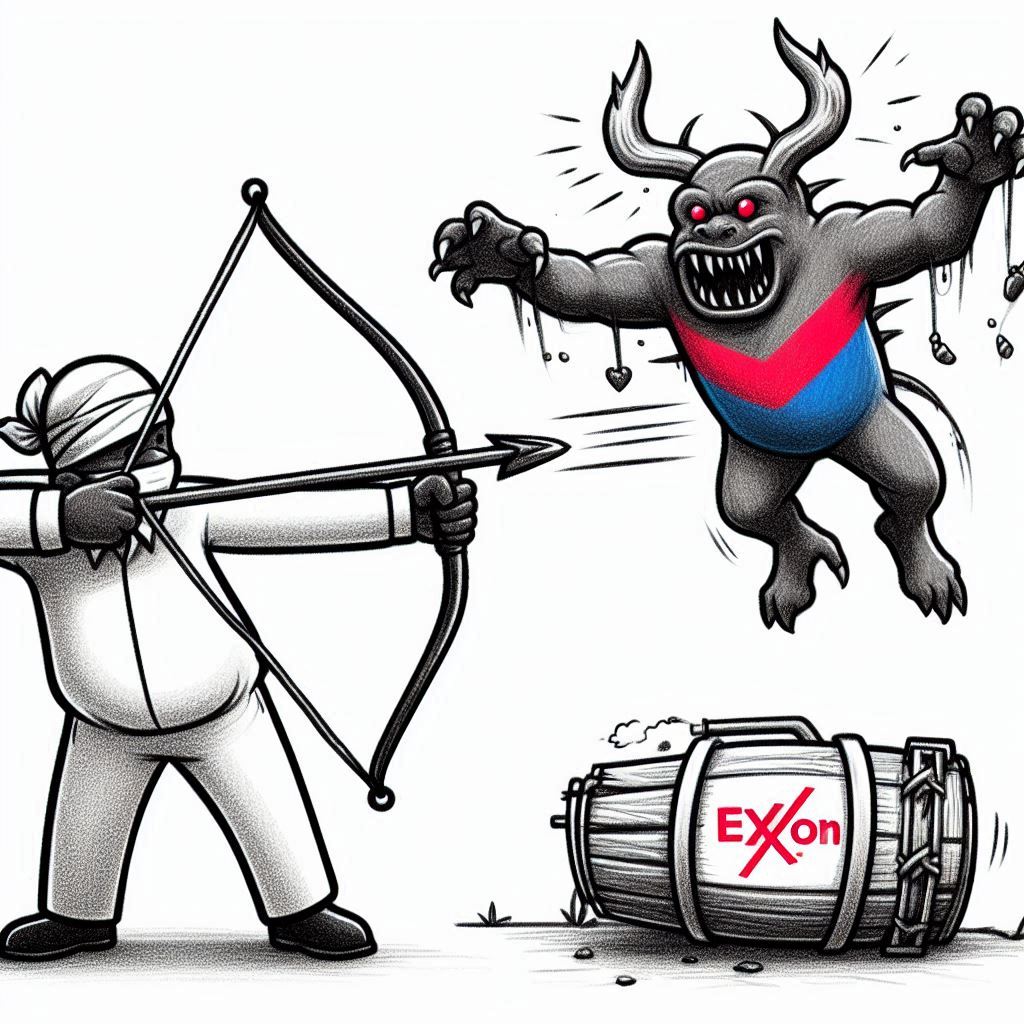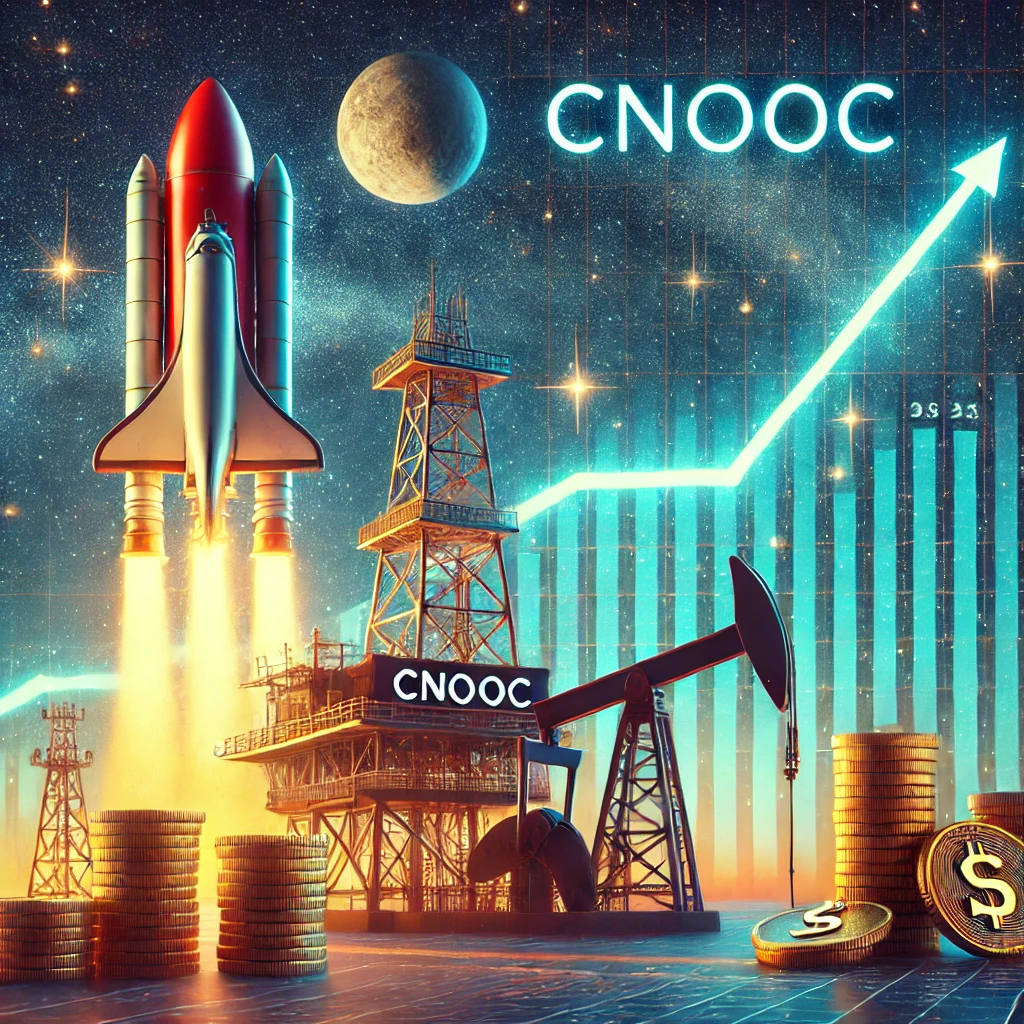Global Witness has revealed that Guyana stands to lose at least US$55 billion from the current 7.9 billion barrels in the Stabroek Block. The major political parties have not indicated that they will renegotiate the atrocious Stabroek oil contract. But the Guyanese people have other choices. Leaders of both the Change Guyana party and the Liberty and Justice Party have stated their parties will seek to renegotiate the oil contracts.
Global Witness has made public all the details of how the US$55 billion number was computed. The government has tried to control the narrative by touting a secret report from Rystad. Rystad estimates that Guyana’s take from the oil project is 60%. But how can Guyana get 60% share of revenue when profit sharing is split evenly? This shows the government lacks understanding of basic math and the ability to employ reasoning.
What does it mean to give up US$55 billion? It is about US$70,000 for each of the 780,000 people living in Guyana. For a family of four: that is a loss of US$280,000. Given that the average Guyanese earns US$4,000 a year, it would take such a family with a sole breadwinner about 70 years to make that money. If a labourer starts working in his teenage years, that would mean he would need to work into his eighties cutting cane and milking cows full-time. How do you tell that labourer that it is not worth fighting for US$55 billion?
What about the more than 30% of poor Guyanese that live on US$2 a day. The average life expectancy of a Guyanese is 66 years. A poor Guyanese would need US$48,000 to survive during his/her life span. Splitting US$55 billion among the poor (30% of the population) would mean US$235,000 for each person. That is almost five times what they live on today.
Imagine if a financial analyst says to an electorate: “Hi Voter, would you like to increase your lifetime’s net worth by five times? Voter says, “Sure, what do I do?” And, the analyst says: “All you need to do is vote for renegotiation.”
Sounds too simple to be true. But it is true. And, Guyanese do have that choice on March 2nd.
Leaders of the Change Guyana and the Liberal and Justice parties have both made public declarations that they, if they win seats in the parliament, will demand renegotiation of the oil contracts.
Guyana needs leaders who understand the meaning of sovereignty, the value of their oil resource – and the importance of hiring a team of knowledgeable personnel – to negotiate with the oil giants like ExxonMobil. Not leaders who are worried about controlling the narrative of the great oil debate being played out daily in the independent press. Here are few points to consider with regard to the Stabroek Oil Contract:
– What good deal? The 2% royalty and 12.5% profit share works out to much less than 14.5% of barrels recovered after accounting for expenses such as shipping and marketing. Not to mention, the contract says ‘produced and sold’ not produced for the profit sharing. This is a bad deal.
– Cost Recovery (up to 75% of revenues). There is no ring fencing thus the oil companies can keep the expenses at 75% as long as they desire. Thus any projections that the expenses will fall and government’s share will rise is questionable.
– The government of Guyana produces a tax receipt when no tax is paid. The government issues tax receipts to the oil companies but they have paid none. The oil companies will use this tax receipt to receive a deduction in their home country. This rings of fraud.
– Stabilization clause. The government can never update the terms of the contract to correct any of the issues mentioned above. This is a humiliation of the Guyanese people.
The chairman of the Change Guyana party, Nigel Hinds, is a CPA. A certified accountant is another way of saying someone understands numbers. The leader of the Liberty and Justice Party, Lenox Shuman, worked as a pilot at one of the major airlines in Canada. Mr Shuman doesn’t get to be a pilot at one of the safest airlines in the world without understanding the life and death meaning of numbers. He needs to be constantly aware of elevation and determining how much fuel is needed to reach a destination. We, members of OGGN, recommend that Guyanese voters on March 2nd choose leaders who support the call for renegotiation of the oil contracts based on numbers and logic. Not leaders interested only in defending an unfair contract – and now forced to peddle a false narrative.
Yours faithfully,
Darshanand Khusial, M.Eng
Mike Persaud, MBA
Charles Sugrim, CPA










